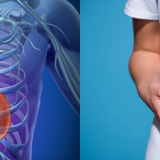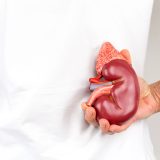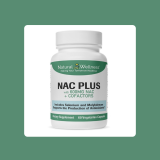

Our homes are filled with toxins.
From the fire retardants in our carpets and couches, to our cleaning products, it is no wonder we are starting to see our pets become more susceptible to diseases that were once uncommon as early as 20 years ago.
Commonsense leads you to eliminate products on and around your pets that you would not use on yourself. But have you ever taken a good look in your home to see just how common toxins surround you and your pet?
Flowers Can Cause Acute Kidney Failure
Many people love flowers, but flowers can be a beautiful disaster in disguise if you don’t keep them out of reach of your pets. From the lovely Christmas Poinsettias that can cause significant gastrointestinal upset, to the dreaded Easter Lily (while beautiful, lilies have no place in a home with a cat) that can cause acute kidney failure and death if not treated early enough. All flowers should be kept out of reach of pets, or stick to flowers that are safe to have around pets. Your local florist can provide you with a list of pet-safe flowers to decorate your home or send as a gift.
Toilet Bowl Cleaners
Another common household toxin that people overlook is toilet bowl cleaners. Dogs in particular enjoy drinking from an open toilet bowl. The water is always cool, it is refreshed when flushed, and it is at the right height for drinking at a comfortable angle.
9 more dangerous items in the home can include:
- Batteries
- Antifreeze
- Prescription medication, OTC medication
- Flea and tick products not approved by your veterinarian (pesticides can cause seizures, skin burns or sudden death)
- Detergents
- Rat/mouse bait
- e-icing salt
- Non-stick coatings on pots and pans (especially toxic to pet birds)
- Foods (chocolate, coffee, avocado, raisins, and artificial sweeteners are some examples)
If you feel your pet has ingested a product that is harmful, always treat it as an emergency situation. The sooner your veterinary team can start the proper protocol for treating the issue at hand, the better. Never wait when your pet has ingested a harmful substance or is reacting to a topical product.
If your veterinarian is unavailable to speak, contact one of the following links for 24/7 supportive care:
Take a good look around your home; you never know what you can be exposing your pet to.




